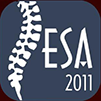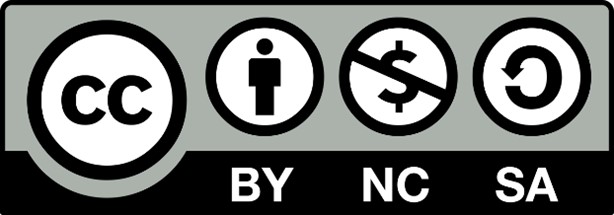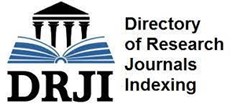Subject Area
Degenerative
Document Type
Original Study
Abstract
Background data: Lumbar disc prolapse is rare in pediatric patients though it may lead to significant pain and disability. Due to different structural properties and environmental and occupational exposures, pediatric LDP may be considered as a separate entity distinct from adult.Aim: This retrospective analytic outcome study was undertaken to determine theclinical outcome and the peculiar characteristics of LDP in pediatric patients.Methods: The medical records of patients younger than 18 years old who were operated for LDP between 1996 and 2011 were reviewed. Patients’ preoperativeclinical and radiographic data, operative, early and late postoperative data were reviewed.Results: 17 patients were enrolled in this study, 12 males and 5 females. The average age was 15.2 years. The average duration of symptoms was 13.1 months. The average clinical follow-up was 12.1 months. Prior to surgery, all patients had sciatica, 24% had motor deficit, 59% had paresthesia, and 82% had tight hamstring. At the last follow-up, 41% of our patients had excellent, 47% had good, 12% had fair, and none had poor clinical outcome. Regarding the Pain Visual Analogue Scale,back pain reduced from 78.5 to 32.2, and leg pain from 92.1 to 21.3.Conclusion: Lumbar disc surgery in pediatric patients is safe and does not lead to chronic back illness or affect physical activity of patients. It should be consideredas a special clinical entity distinct from adult disease (2012ESJ002)
Keywords
Lumbar Disc, Pediatric, Outcome, Discectomy
How to Cite This Article
Abou-Madawi, Ali
(2012)
"Lumbar disc surgery in pediatric population, Is it a special entity distinct from adult?,"
Advanced Spine Journal: Vol. 1
:
Iss.
1
, Article 2.
Available at: https://doi.org/10.21608/esj.2012.3756























